Ludwig van Beethoven was born in Bonn, Germany, around December 17, 1770 into a family of musicians. At 14, he was named second organist in the chapel of Archduke Maximillian Hapsburg. At 22 he moved to Vienna to study under composer Joseph Hayden. By the end of the century, Beethoven had written his first piano sonatas, including the Pathétique and Moonlight Sonatas. Beethoven had always shown a talent for bridging past and future. He wedded the emotional grandeur of 19th-century music with the formal rigidity of 18th-century music. When he was about 30, Beethoven began losing his hearing. Thinking his career over, he wrote a letter that came to be known as the “Heiligenstadt Testament”. In it, he declared that only his devotion to art kept him alive.
The first decade of the century was one of Beethoven’s most prolific, despite the fact that his hearing was deteriorating. He wrote numerous symphonies, his only opera, Fidelio, and the well-known piano piece Für Elise. On December 22, 1808, his Fifth Symphony, four years in the making, was performed for the first time in public. The Fifth Symphony’s expressive anguish captured the Romantic spirit that would dominate much of 19th-century art. The symphony was a terrific success. Beethoven became famous.
In 1824, almost completely deaf, he attended the first performance of his Ninth Symphony. The work became legendary for its final chorus, the “Ode to Joy,” chosen in 1985 as the European Union anthem. Beethoven died of cirrhosis of the liver in Vienna on March 26, 1827. He was 56. An immense crowd attended his funeral.
The first decade of the century was one of Beethoven’s most prolific, despite the fact that his hearing was deteriorating. He wrote numerous symphonies, his only opera, Fidelio, and the well-known piano piece Für Elise. On December 22, 1808, his Fifth Symphony, four years in the making, was performed for the first time in public. The Fifth Symphony’s expressive anguish captured the Romantic spirit that would dominate much of 19th-century art. The symphony was a terrific success. Beethoven became famous.
In 1824, almost completely deaf, he attended the first performance of his Ninth Symphony. The work became legendary for its final chorus, the “Ode to Joy,” chosen in 1985 as the European Union anthem. Beethoven died of cirrhosis of the liver in Vienna on March 26, 1827. He was 56. An immense crowd attended his funeral.
RELATED
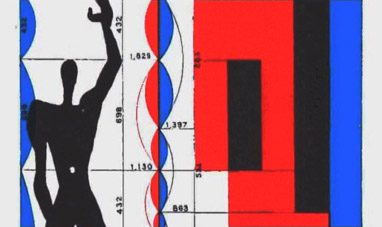

LE CORBUSIER
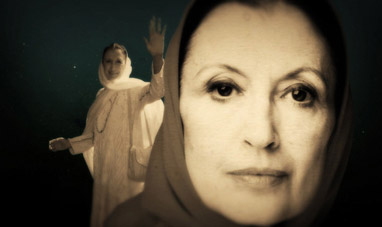

CARLA FRACCI
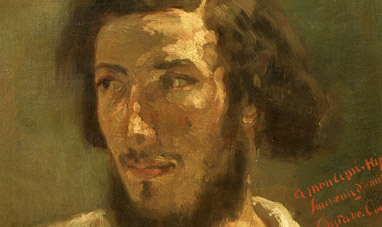

GUSTAVE COURBET
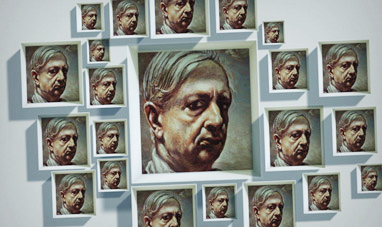

GIORGIO DE CHIRICO


GIAN MARIA VOLONTÉ
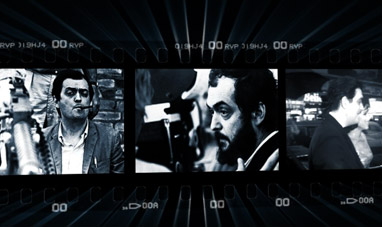

STANLEY KUBRICK
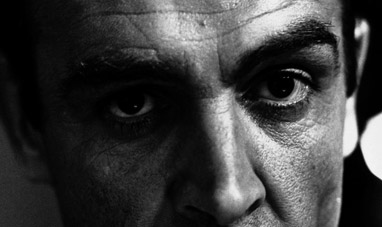

SEAN CONNERY
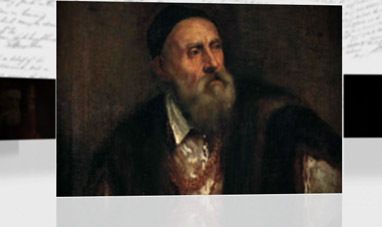

TITIAN
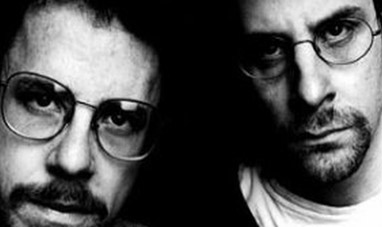

JOEL AND ETHAN COEN
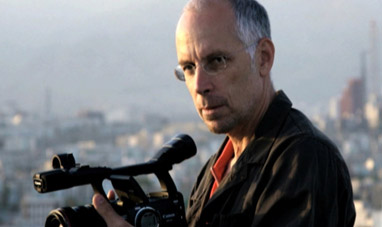

GABRIELE SALVATORES


CHARLES BUKOWSKI
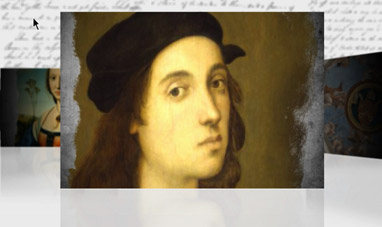

RAPHAEL
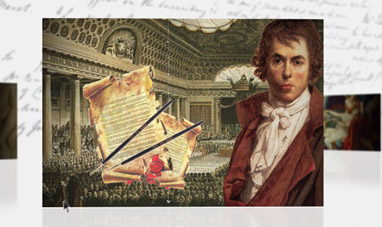

JACQUES LOUIS DAVID
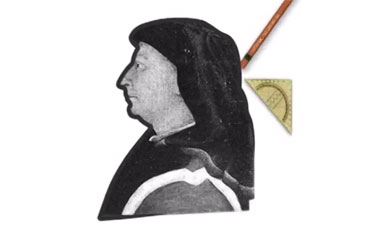

FILIPPO BRUNELLESCHI
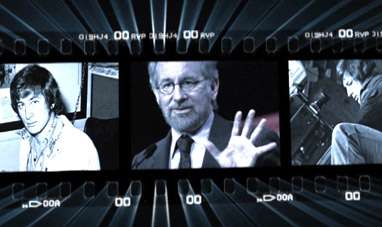

STEVEN SPIELBERG
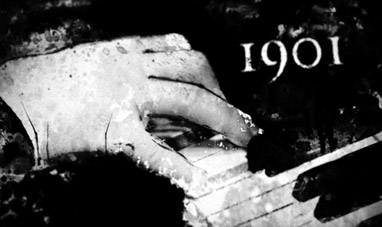

SERGEI RACHMANINOFF
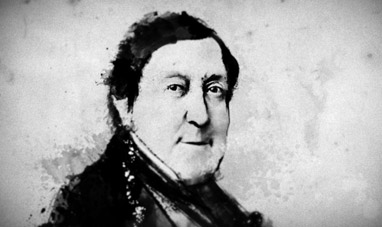

GIOACCHINO ROSSINI
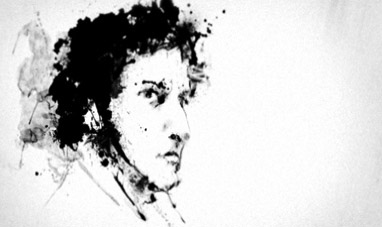

FRÉDÉRIC CHOPIN


DANIEL LIBESKIND
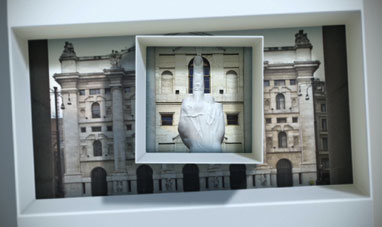

MAURIZIO CATTELAN
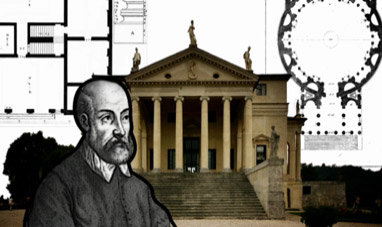

ANDREA PALLADIO


MICHELANGELO PISTOLETTO


KARL FRIEDRICH SCHINKEL
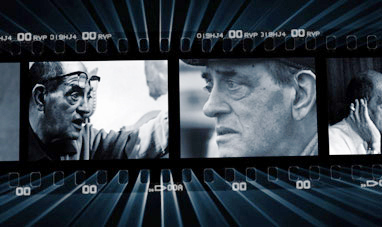

LUIS BUÑUEL
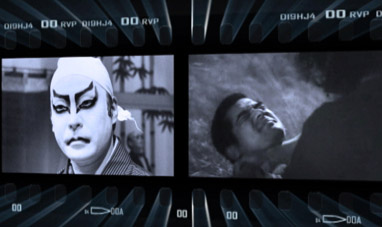

AKIRA KUROSAWA
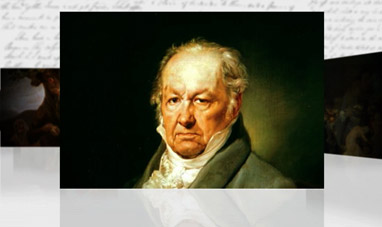

FRANCISCO GOYA
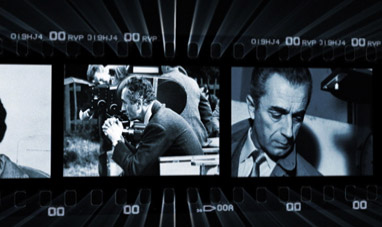

MICHELANGELO ANTONIONI


MARTHA GRAHAM
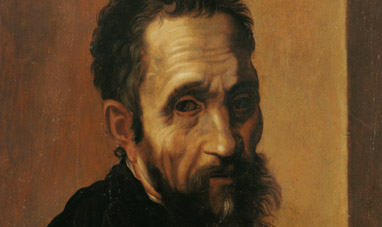

MICHELANGELO BUONARROTI
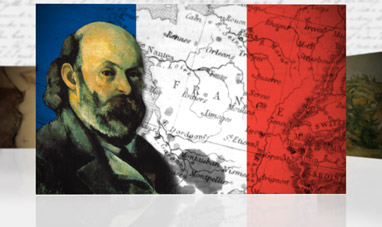

PAUL CÉZANNE
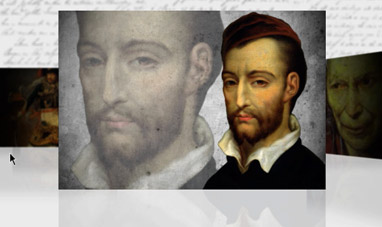

THÉODORE GÉRICAULT
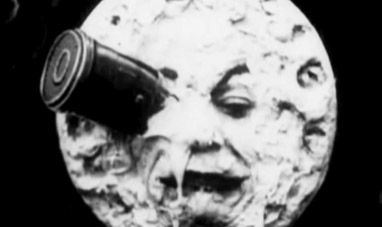

GEORGES MÉLIÉS
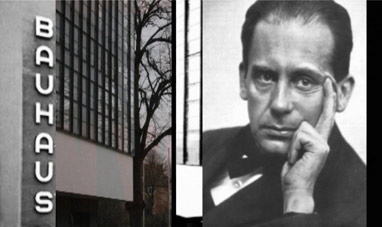

WALTER GROPIUS
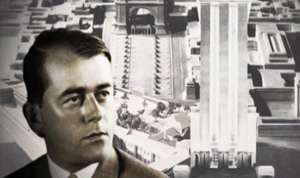

ALBERT SPEER


FRANK GEHRY
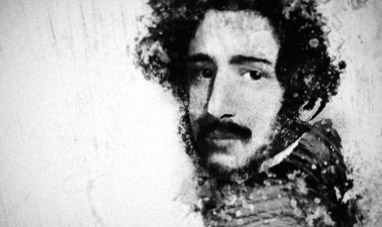

GAETANO DONIZETTI
